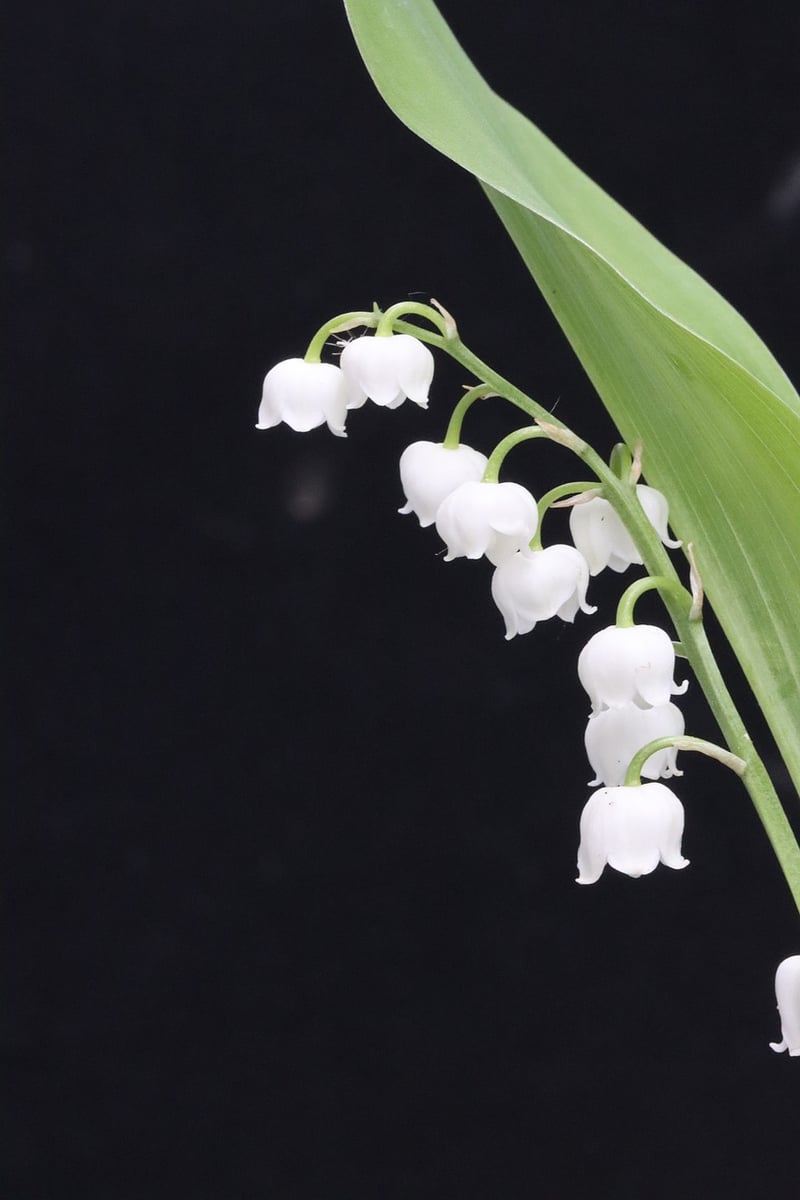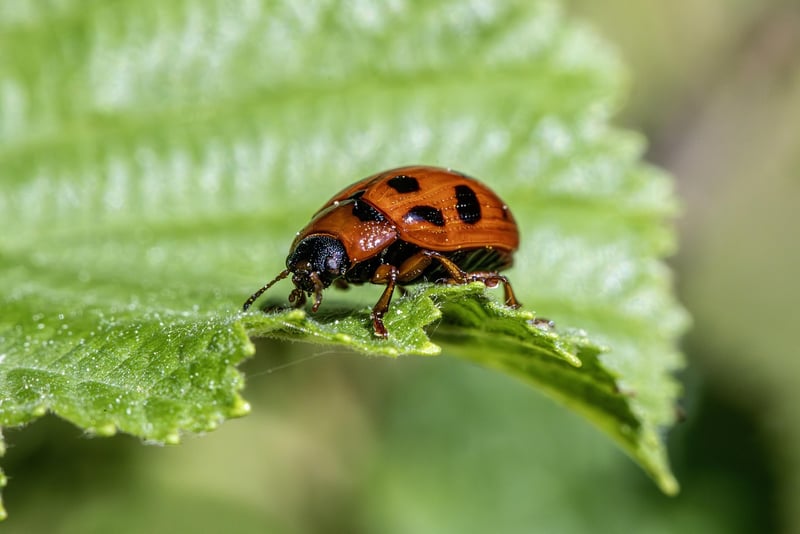Pest control methods
Caring for Vertical Garden Plants + Pest Control Methods
Caring for Vertical Garden Plants
Vertical gardens are a fantastic way to bring greenery into small spaces or add a unique touch to your home. Proper care is essential to ensure your vertical garden thrives. Here are some tips for caring for your vertical garden plants:
1. Choose the Right Plants
Not all plants are suitable for vertical gardens. Select plants that thrive in the available light conditions and are well-suited for vertical growth. Some great options include pothos, ferns, succulents, and spider plants.
2. Watering
Vertical gardens can dry out faster than traditional gardens due to increased exposure to air. Ensure your plants receive adequate water, but be careful not to overwater, as this can lead to root rot. Consider installing a drip irrigation system for efficient watering.
3. Pruning and Trimming
Regular pruning and trimming are essential to keep your vertical garden looking neat and encourage healthy growth. Remove any dead or yellowing leaves and trim back overgrown branches to promote new growth.
4. Fertilizing
Provide your vertical garden plants with a balanced fertilizer to ensure they receive essential nutrients for growth. Follow the instructions on the fertilizer package and fertilize your plants regularly, especially during the growing season.
Pest Control Methods
Dealing with pests is a common challenge in gardening, including vertical gardens. Here are some effective pest control methods to keep your plants healthy:
1. Neem Oil Spray
Neem oil is a natural insecticide that can help control common garden pests like aphids, spider mites, and whiteflies. Dilute neem oil in water according to the instructions and spray it on affected plants to deter pests.
2. Beneficial Insects
Introduce beneficial insects like ladybugs and lacewings to your vertical garden. These insects feed on common garden pests, helping to keep pest populations in check without the need for chemical pesticides.
3. Homemade Pest Sprays
You can create homemade pest sprays using ingredients like garlic, chili peppers, and soap. These natural sprays can help repel pests and protect your plants without harming beneficial insects.
4. Monitor Your Plants
Regularly inspect your vertical garden plants for signs of pest infestations, such as yellowing leaves, holes in leaves, or sticky residue. Early detection allows you to take action promptly and prevent pests from causing significant damage.

By following these care tips and pest control methods, you can ensure your vertical garden plants stay healthy and vibrant, adding beauty to your space.
